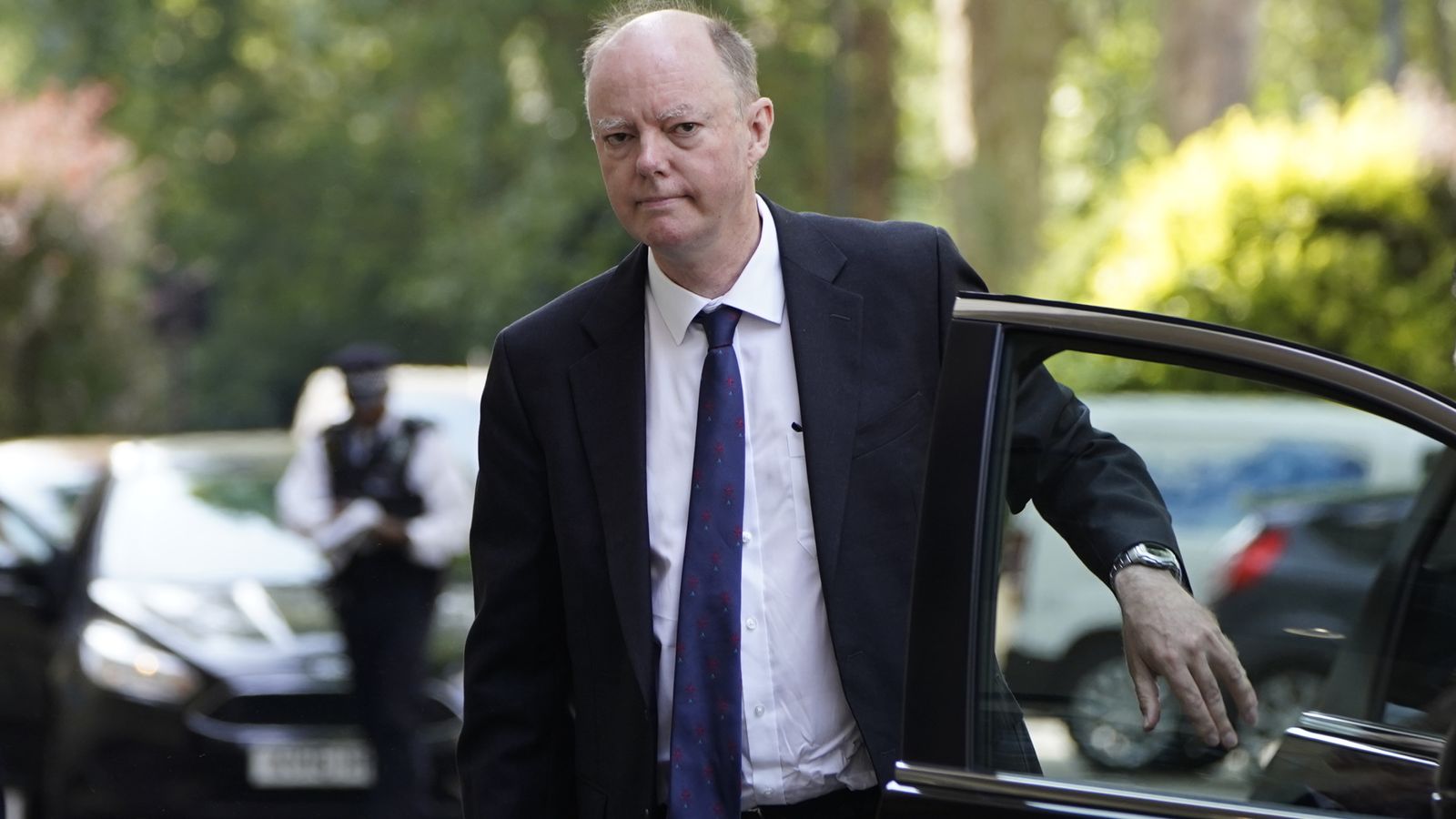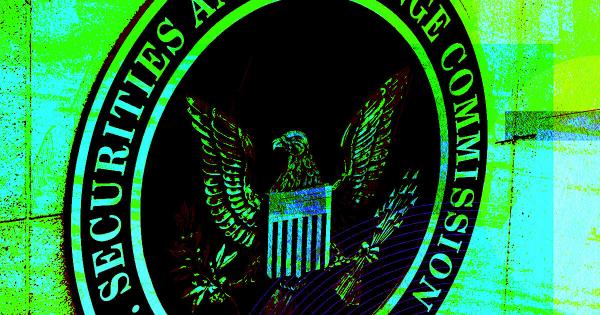The UK did “not have the ability to scale up” quickly to deal with the coronavirus pandemic in areas such as testing, England’s chief medical officer has said.
Professor Sir Chris Whitty told the UK COVID-19 Inquiry that the “hazards and threats” from a pandemic are “going to be completely different every time” and what is needed are “multiple capabilities that can be flexed to almost any emergency…” rather than having a plan for one particular scenario.
Module 1 of the inquiry, which is set to run until mid-July, is looking at the UK’s preparedness for pandemics in the time before COVID struck.
On the issue of scaling up, Sir Chris said one issue “we really absolutely should have taken much more seriously, was the capability to scale up”.
He added: “In every pandemic, every epidemic, the ability to diagnose, for example, is essential and we had a very good capacity to do a very small amount of diagnoses really quickly, and we did not have the ability to scale up, and I could repeat that across multiple other domains.”
Vaccine taskforce was ‘likely to fail’ – COVID inquiry latest
Sir Chris also told the inquiry that non-pharmaceutical interventions (NPIs) used during the pandemic – social measures such as quarantine, individual isolation, closing schools – were not new and some went back to the Middle Ages.
Interest rate hits ‘shock’ 5% after 0.5 percentage point increase
‘Debris field’ discovered within search area near Titanic, US Coast Guard says
Rishi Sunak promises economy ‘going to be OK’ after shock rates rise and he is ‘100% on it’
“However, the very big new idea was the idea of a lockdown,” he said. “I’m talking here very, very specifically about the state saying people have to go home and stay at home, except under very limited circumstances – a very radical thing to do.”
Under questioning from Hugo Keith KC, lead counsel to the inquiry, Sir Chris also said: “I certainly agree that we did not give sufficient thought to what we could do to stop, in its tracks, a pandemic on the scale of COVID, or indeed any other pathogen that could realistically go there.
“I do think, on the other hand, it is sensible to have a plan for ‘if everything fails, what are we going to do?’
“We do still need to be able to say, ‘let’s go to the top of the range, actually, we could end up with 750,000 people dying, where are we going to bury bodies?’
“These are important, they may seem morbid, but they are practically important… in this sense, I do think a plan is important.”
Read more:
What we learned from week 1 of COVID inquiry
Tory Party staff filmed dancing and drinking during lockdown
Diabetes drug could reduce changes of getting long COVID
Sir Chris also recalled the “extremely concerning” level of threats to experts during the COVID pandemic.
However, he added: “One we should be very firm in saying that society very much appreciated the work of these people.”
A man was jailed for eight weeks after he admitted intending to cause Professor Sir Chris Whitty distress when he approached him in June 2021.
Jonathan Chew, 24, was one of two men who filmed themselves with Professor Whitty as he walked through St James’s Park in Westminster on 27 June 2021.
Former health secretary Matt Hancock, ex-Scottish first minister Nicola Sturgeon and the chief executive of the UK Health Security Agency, Dame Jenny Harries, will give evidence to the inquiry next week.







